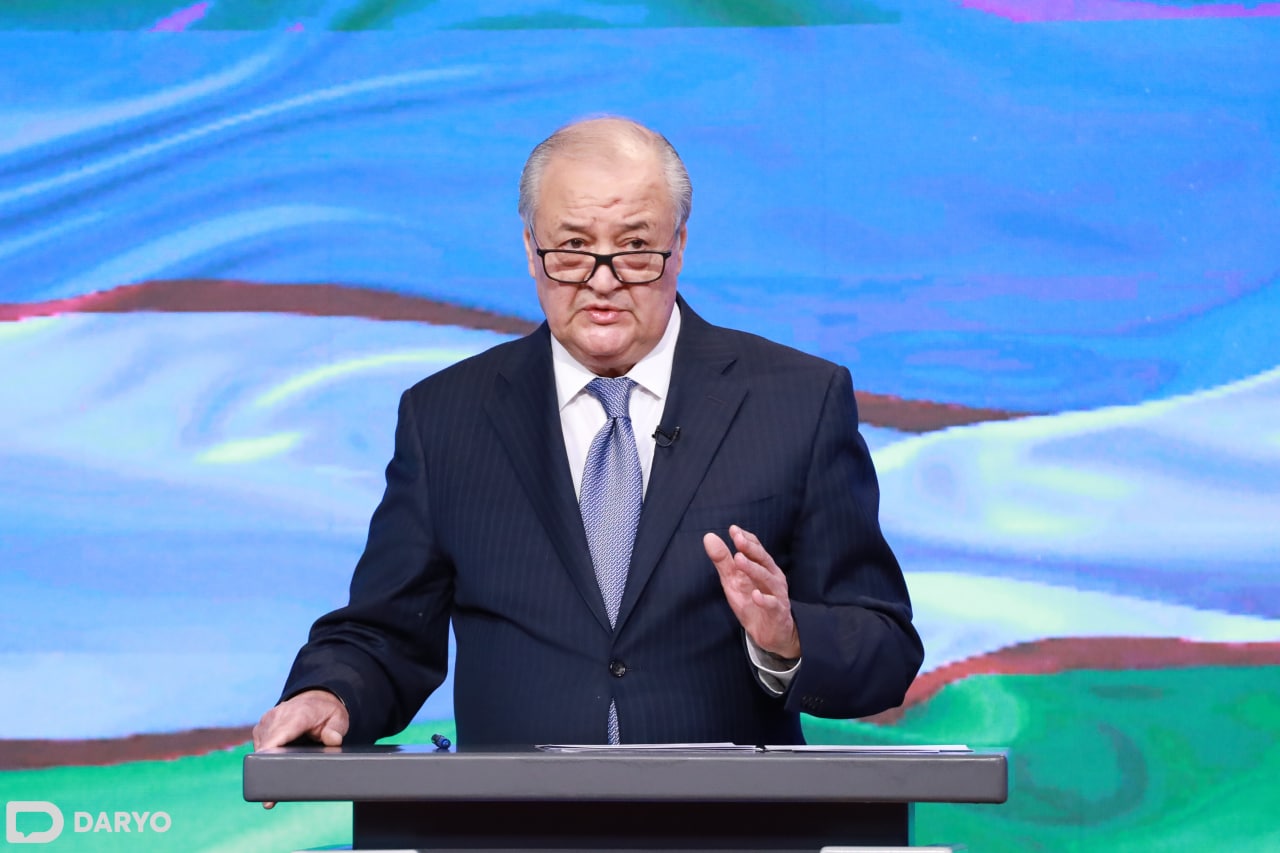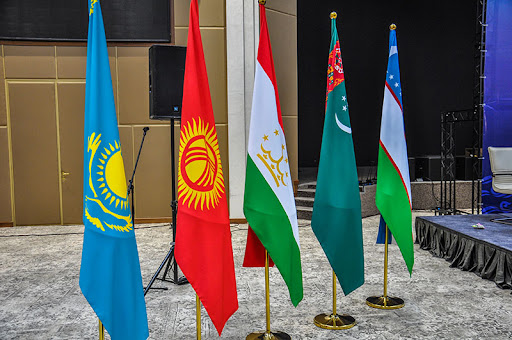Abdulaziz Kamilov, special representative of the president for foreign policy, emphasized Uzbekistan's pivotal role in Central Asia's future and outlined its new foreign policy doctrine under President Mirziyoyev in his article, "New Central Asia in Uzbekistan's Foreign Policy," published in Yangi O'zbekiston (New Uzbekistan).

Kamilov begins by highlighting the shift in Uzbekistan's leadership with the election of President Mirziyoyev.
"It must be recognized that the leader who deeply felt the social demand for fundamental changes, solving accumulated problems, and completely abandoning outdated approaches to establishing relations with neighbors - Shavkat Mirziyoyev became the new president of Uzbekistan," the article says.
Mirziyoyev, recognizing the pressing need for comprehensive changes and the resolution of longstanding issues, introduced a foreign policy doctrine that redefines Uzbekistan's approach to international and regional security, addressing modern threats, and participating in the formation of a new global order.
This doctrine emphasizes Uzbekistan's commitment to fostering multilateral cooperation with developed nations based on principles of equality, mutual respect, trust, and the careful consideration of each other's interests. It also prioritizes sustained political dialogue with leading countries across Asia, Europe, America, and Africa, as well as with influential international organizations.
A central tenet of this doctrine is Uzbekistan's focus on Central Asia as its primary foreign policy priority. Kamilov emphasizes that achieving harmonious relations with neighboring countries has been set as a crucial goal.
"Uzbekistan has objectively assumed a special responsibility for the future of Central Asia," Kamilov asserts.

He attributes this responsibility to Uzbekistan's geographic location, sharing borders with all Central Asian countries, and hosting more than half of the region's population, which includes diverse communities from across Central Asia. Kamilov notes that Uzbekistan's development is intricately linked to maintaining stable and cooperative relations with its neighbors, especially concerning critical issues such as water resources, transport corridors, regional security, and trade.
President Mirziyoyev's commitment to this regional focus was evident from his first address to the parliament in 2016, where he emphasized strengthening ties with Central Asian nations.
"The Central Asian region, vital for ensuring our national interests, remains the main priority of Uzbekistan's foreign policy," Mirziyoyev stated, reaffirming his dedication to an open, friendly, and pragmatic approach towards neighboring countries—Turkmenistan, Kazakhstan, Tajikistan, and Kyrgyzstan.
In this landmark address, Mirziyoyev called on Tashkent to adopt a constructive stance in its relations with its neighbors, urging the resolution of regional issues through dialogue, mutual respect, and reasonable compromise. As a country at the heart of Central Asia, Uzbekistan has expressed its resolve to transform the region into a zone of prosperity, security, and stability.
The article also outlines the specific tasks set by the president for the government and foreign policy agencies, which include finalizing border agreements, addressing the fair and rational use of water resources, enhancing economic and ecological cooperation, and advancing transport, logistics, and scientific-technological development.
Through these efforts, Uzbekistan aims to foster a sense of regional identity and collaboration, ensuring that Central Asia's future is one of shared progress and stability.
Follow Daryo's official Instagram and Twitter pages to keep current on world news.
Comments (0)